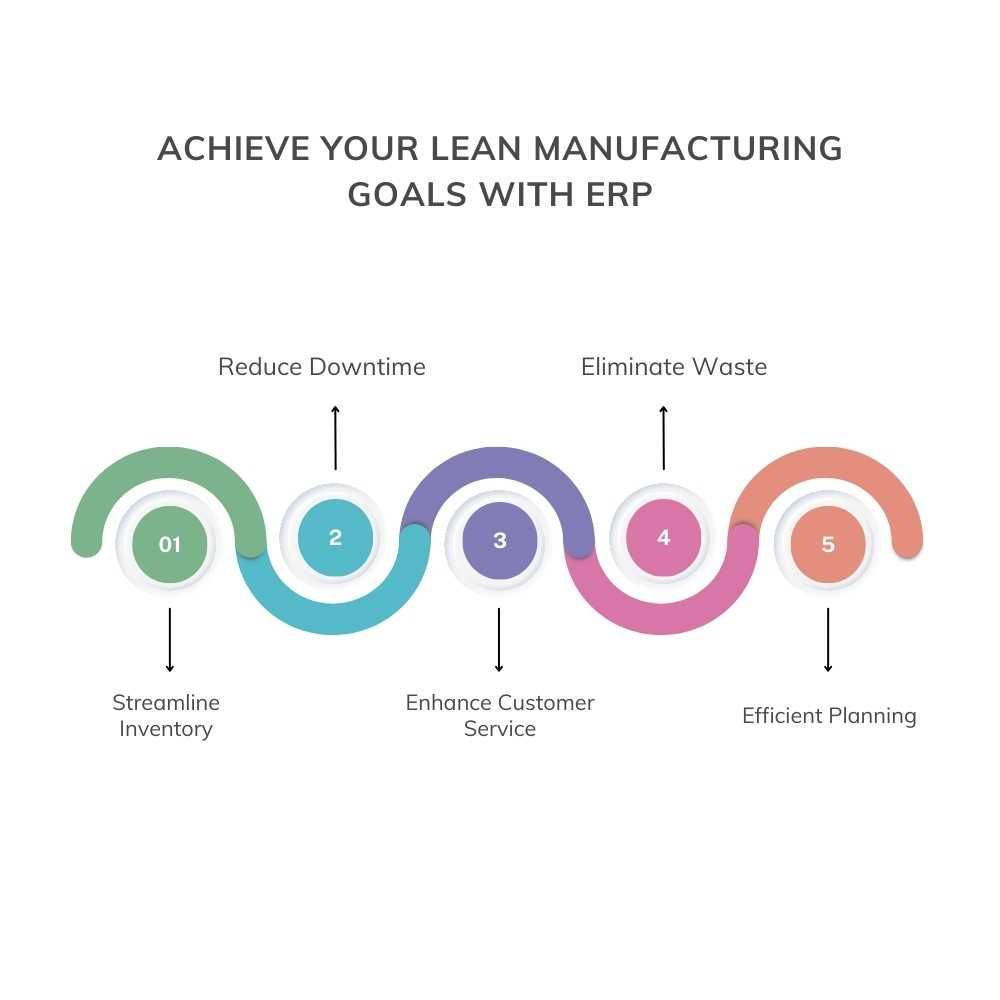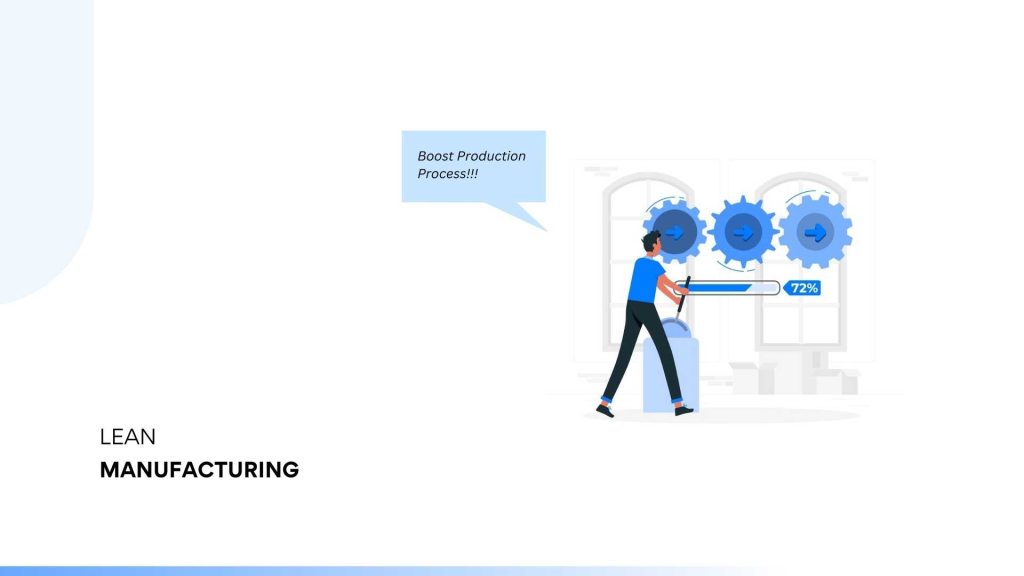Lean Manufacturing, a philosophy derived from the renowned Toyota Production System, is a beacon of efficiency in modern industry. It embodies a mindset dedicated to relentless optimization, waste reduction, and continuous improvement across all facets of production.
By meticulously scrutinizing processes, eliminating non-value-adding activities, and fostering a culture of innovation. Lean Manufacturing revolutionizes how organizations operate, delivering heightened productivity, enhanced quality, and sustainable competitive advantage in today’s dynamic business landscape.
What is Lean manufacturing?
Lean manufacturing is an organized approach to maximizing efficiency and minimizing waste in production processes. Originating from the Toyota Production System, it revolves around principles of continuous improvement, value stream mapping, and respect for people.
At its core, lean manufacturing seeks to eliminate actions that do not add significance to the final product or service, optimizing workflows, reducing lead times, and enhancing overall productivity. It emphasizes the importance of flexibility, quality, and responsiveness to customer needs. While fostering a culture of problem-solving and employee involvement to drive sustainable improvements.
functionalities
In Lean Manufacturing, various key functionalities drive its principles and methodologies toward operational efficiency:
- Value Stream Mapping: Analyzing and mapping the entire process flow to identify areas of waste and inefficiency. This visual representation helps streamline operations by focusing on value-adding activities.
- Just-in-Time (JIT) Production: Ensuring materials and resources arrive precisely when needed for production, minimizing inventory costs, and reducing waste from overproduction.
- Kaizen (Continuous Improvement): Encouraging a culture of continuous improvement where employees at all levels contribute ideas to incrementally enhance processes, quality, and efficiency.
- 5S Methodology: Organizing the workplace to optimize efficiency and effectiveness by Sort, Set in order, Shine, Standardize, and Sustain. It ensures a clean, organized, and efficient workspace.
- Poka-Yoke (Error Proofing): Implementing mechanisms to prevent errors or defects in the manufacturing process, reducing the likelihood of mistakes and improving product quality.
- Total Productive Maintenance (TPM): Focusing on proactive and preventive maintenance to minimize equipment downtime, ensuring machines are always in optimal working condition.
- Standard Work: Developing and maintaining standardized procedures to ensure consistency, quality, and efficiency in tasks and processes.

How Lean Manufacturing(LM) Improves Operations
Lean Manufacturing revolutionizes operations by instilling a culture of efficiency and continuous improvement. Through methodologies like value stream mapping, it identifies and eliminates wasteful practices, streamlining processes for maximum productivity. By emphasizing standardized workflows, it reduces variability, enhances quality, and minimizes errors.
Moreover, LM promotes just-in-time inventory management, optimizing resource allocation and reducing excess stock. This approach cuts costs and enables faster response to market demands, ultimately fostering leaner, more agile, and customer-centric operations.
Improve Factory Quality with Lean Manufacturing
Implementing Lean Manufacturing techniques enhances factory quality by prioritizing streamlined processes and continuous improvement. Kaizen (continuous improvement) and Total Productive Maintenance (TPM) foster a culture where employees promptly identify and rectify quality issues.
Value Stream Mapping helps identify inefficiencies and bottlenecks, allowing for targeted improvements directly impacting product quality. By reducing waste and standardizing procedures, LM minimizes defects, rework, and errors in the production line, resulting in higher-quality outputs.
Moreover, Lean principles emphasize employee training and empowerment, ensuring workers understand and adhere to quality standards. This commitment to quality improves the final product and cultivates a work environment focused on excellence and customer satisfaction.
How can you leverage ERP to drive Lean Manufacturing?
Integrating an Acumatica ERP system into Lean Manufacturing strategies can enhance operational efficiency and effectiveness. ERP systems deliver a centralized platform for data management, enabling real-time visibility into different aspects of production, inventory, and supply chain.
By leveraging ERP functionalities, Lean Manufacturing(LM) principles can seamlessly integrate into the system. This integration enables accurate demand forecasting, optimized inventory management, and streamlined workflows. Through tools like inventory management, ERP systems facilitate the reduction of waste, improved resource allocation, and enhanced responsiveness to market demands.
Additionally, ERP systems enable data-driven decision-making by providing analytics and reporting features. It empowers organizations to identify inefficiencies, track Key Performance Indicators (KPIs), and continuously improve processes based on concrete insights.
Ultimately, the synergy between ERP and Lean Manufacturing methodologies creates a powerful framework. For achieving operational excellence, minimizing waste, and maximizing productivity across the manufacturing process.

Vijay comes with a vast experience in ERP and enterprise solutions space with about 20 years of experience in various packaged application like Acumatica, SAP, Orion, Salesforce.com, SugarCRM and, SalesLogix.

